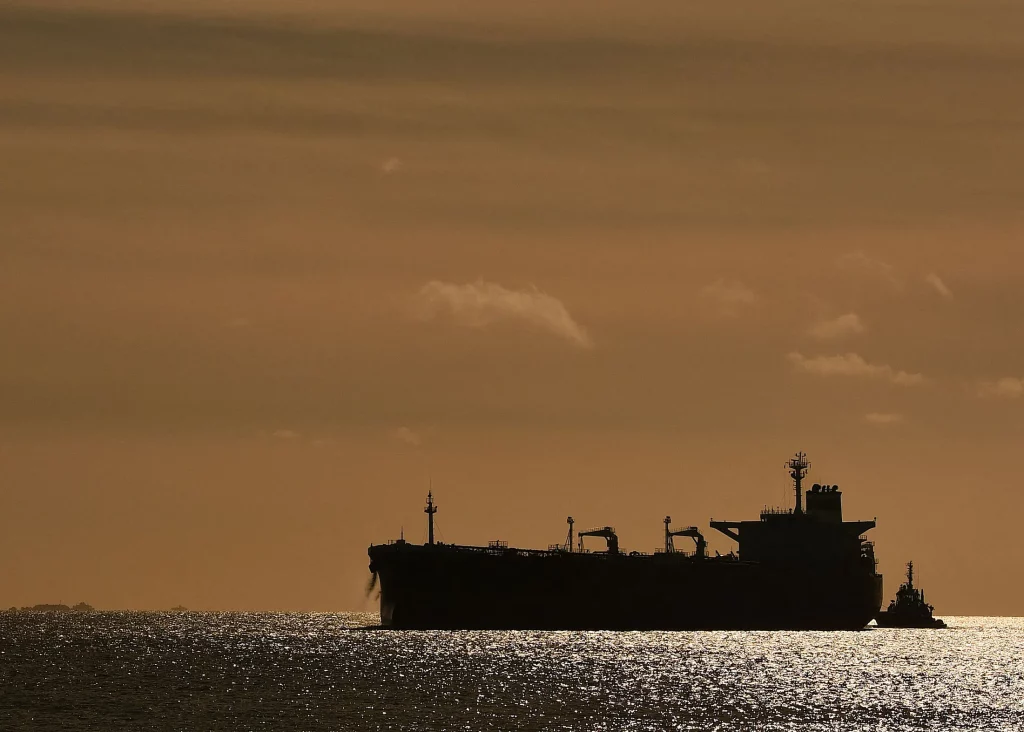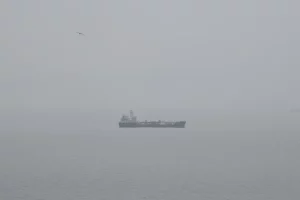Estonia may block new EU sanctions package if it does not include restrictions on Russian oil shipments

Estonia has said it may block the 18th EU sanctions package if it does not include new restrictions on oil shipments from Russia.
This is reported by ERR.
“We have a very clear position: a reduction in the oil price ceiling should be included in this package. We have a very firm position on this issue,” said Estonian Foreign Minister Margus Tsahkna. He added that the introduction of a lower price ceiling would be the strongest part of the new sanctions package.
The Foreign Minister explained that the reduction in the ceiling from the current $60/barrel to $45/barrel was included in the draft proposed by the European Commission from the very beginning.
On Tuesday, Delfi reported that Mediterranean countries with large shipping sectors, especially Malta, want to remove this requirement from the package, which is why Estonia is ready to veto the adoption of the 18th package if it does not include a new price ceiling. Decisions made in the field of EU foreign policy require the consent of all member states.
Tsahkna stressed that Estonia’s position is to adopt the sanctions package proposed by the European Commission in its original form and to oppose the desire of some countries to weaken the package by excluding the new price ceiling from it. He expressed the hope that Estonia’s position will also be supported by large EU countries.
The Estonian Foreign Minister recalled that the existing ceiling of $60/barrel has been in effect for two years and has not been lowered, as Western countries did not support this step. However, there are now signs that the G7 countries are also ready to set an even lower price ceiling for Russian oil. In addition, in recent days, the United States has signaled its readiness to put pressure on Russia, which is waging an aggressive war against Ukraine, through new restrictions, Tsakhkna noted. He added that if the package of measures initiated by Lindsey Graham and Richard Blumenthal in the US Senate and the new EU sanctions package are adopted simultaneously, this could put serious pressure on Moscow.
At the same time, Tsakhkna stressed that negotiations on the new sanctions package are ongoing, and the final word from the countries, including Estonia, has not yet been said.
Setting a ceiling on oil prices for Russia means that the EU prohibits merchant vessels from member states from transporting Russian oil if it is sold at a price higher than the established ceiling. Insurance companies and other service providers from the EU are also prohibited from providing their services to such vessels. The sale of oil and other resources is one of the main sources of financing Russia’s aggressive war against Ukraine. A ceiling of $45/barrel would force Russia to sell its oil well below the world market price.





